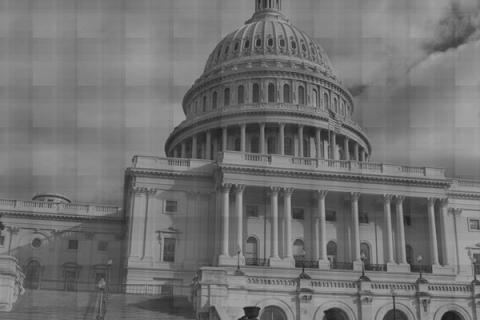At a May 6 Catholic Community Conference in Washington DC, Speaker Pelosi openly touted Jesus Christ, "The Word Made Flesh", as the inspiration for her public policies. CNS News reports a couple of her more powerful statements:
“And that Word," Pelosi said, "is, we have to give voice to what that means in terms of public policy that would be in keeping with the values of the Word. The Word. Isn’t it a beautiful word when you think of it? It just covers everything. The Word."
“Fill it in with anything you want. But, of course, we know it means: ‘The Word was made flesh and dwelt amongst us.’ And that’s the great mystery of our faith. He will come again. He will come again."
Pelosi, a Catholic, is often open about her faith, but for many, linking public policy with belief in the divinity of Jesus Christ could prove disconcerting. Many Pelosi supporters, who are self-proclaimed Liberals or Progressives, staunchly oppose the intermixing of government policy and religion, citing the doctrine of the "Separation of Church and State".
If these statements or political/religious philosophy had been publicly advocated by George W. Bush, Dick Cheney, or some other conservative favorite, one wonders if left-leaning advocates wouldn't have issued an instant diatribe.
However, Pelosi's statements were made to a group of fellow Catholics, and if compared to hundreds of similar quotes from the Founding Fathers, her advocacy of Christian values in the public policy arena should not be at all alarming.
On the other hand, what may alarm social conservatives is the fact that Pelosi supports legalized abortion, opposes the partial-birth abortion ban, and supports gay marriage, positions which many Catholics and conservative Christians consider to be antithetical to the Scriptures and church tradition.
In offering up these potentially controversial statements, Speaker Pelosi may be simultaneously offending opposite ends of the political spectrum. Those in the secular arena may find them inappropriate in the civic sense, while those who espouse traditional, historical Christianity may find them hypocritical in the religious sense.
What do you think?

